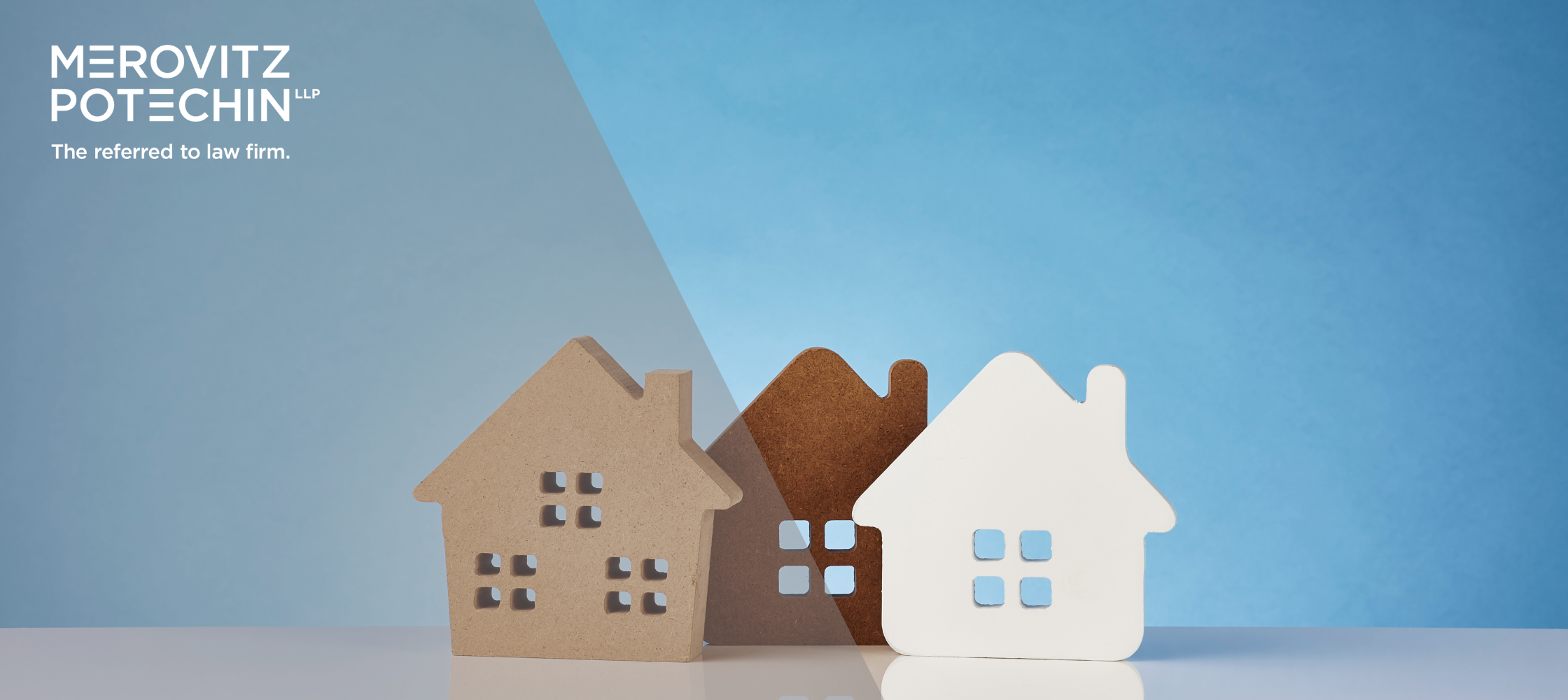Categories
Purchase and Sale of AIRbnb Properties Part 2
City and Condominium By-Laws

In Part 1 of our series on the purchase and sale of AIRbnb rental properties, we discussed different forms of taxation that may apply when buying or selling a short-term rental property. In Part 2, we will look at city by-laws and condominium by-laws for shot-term rental properties.
City of Ottawa By-Laws and AIRbnb Properties
As of April 28, 2021, the City of Ottawa has approved a new Short-term Rental By-law to regulate short-term rentals in the urban and rural areas of the municipality. The principal objective of the new by-law is to maintain the quality of Ottawa’s neighbourhoods by diminishing community nuisances arising from short-term rentals and protecting the already limited housing supply.
Under the new rules, hosts can list only their principal residence or rural cottage/property on such platforms as AIBbnb, and the host must first obtain a permit from the City. Some properties that are not a host’s principal residence would be permitted, but only in certain rural areas. Overnight groups in one AIRbnb residence are capped at ten people maximum. This is designed to prevent sports teams or group partiers from crowding into one residence and in accordance with the City’s anti-bunkhouse by-law.
Ontario Condominium By-Laws and AIRbnb Properties
Many condominiums explicitly ban short-term rentals via by-law. Beyond explicit by-laws, the vast majority of residential condominium declarations include verbiage to the following in their permitted use provisions:
“Residential units are to be occupied only for the purpose of a single-family dwelling which includes a home office […] and for no other purpose”.
Such provisions in declarations and by-laws have been upheld in multiple cases in Ontario, restricting short-term rental housing within condominium complexes.
The new by-law offers a registration system for condominium corporations, landlords and co-operatives to block the issuance of host permits where their own governing documents prohibit short-term rental activity.
Buyer Beware
If you are considering purchasing a secondary property in Ottawa for the purpose of short-term rentals, you may want to think twice. Many individuals profiting off the unregulated AIRbnb business model will need to re-assess their obligations given the likely effect of this new by-law.
Violations of the by-law could result in fines for both guests and hosts of up to $100,000 each day that an offence occurs. The City could also suspend or revoke a host permit for violating the by-law.
It is very likely that the City’s short-term rental by-law will be challenged by the short-term rental platform industry or a group or class of impacted hosts. However, recent case law upholding restrictions on short-term rentals within condominium complexes indicates that attempts to repeal this by-law will be unsuccessful. If you own a short-term rental property or if you are considering purchasing a property for short-term rentals in Ottawa and have questions about the new Short-term Rental By-law, contact the Real Estate Team at Merovitz Potechin LLP.
The content on this website is for information purposes only and is not legal advice, which cannot be given without knowing the facts of a specific situation. You should never disregard professional legal advice or delay in seeking legal advice because of something you have read on this website. The use of the website does not establish a solicitor and client relationship. If you would like to discuss your specific legal needs with us, please contact our office at 613-563-7544 and one of our lawyers will be happy to assist you.







